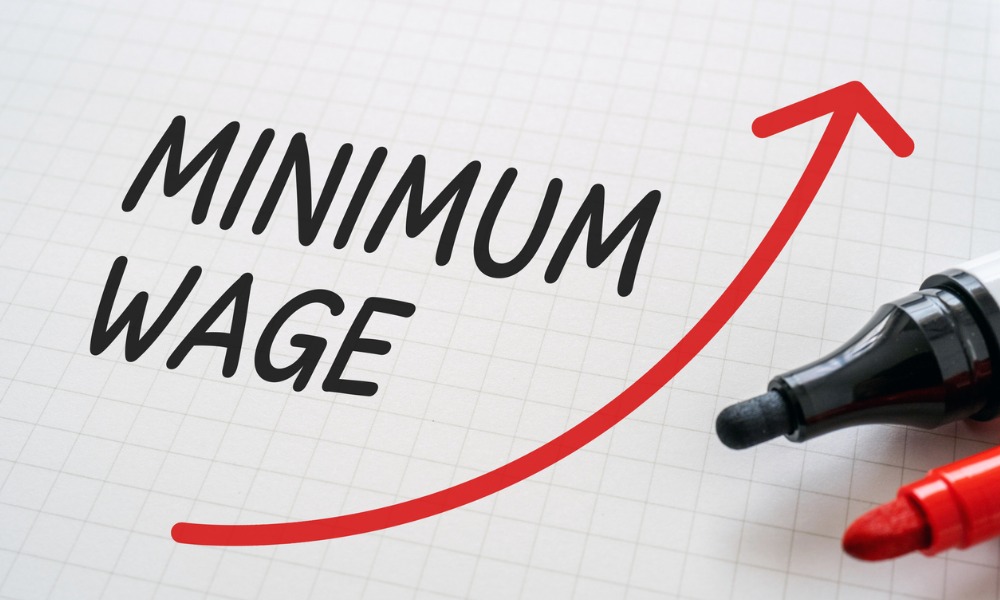
Government seeking input on current adjustment formula

The Northwest Territories government is seeking public input regarding the way the minimum wage in the territory is adjusted annually.
Currently, the minimum pay rate is increased annually on Sept. 1, using a formula based on the percentage change in the Consumer Price Index (CPI) for Yellowknife and the percentage change in the average hourly wage (AHW) in the NWT for the preceding calendar year.
“Using this new formula to calculate the Northwest Territories minimum wage will result in predictable, measurable, and data driven changes that will provide stability and certainty for the territory’s business community,” said Premier R.J. Simpson back when the Department of Education, Culture and Employment (ECE) announced the formula back in 2022. Simpson was then minister of education, culture and employment.
“Adjusting the minimum wage annually will help us keep up with the cost of living in the NWT.”
In 2023, Northwest Territories's minimum wage increased to $16.05 per hour from $15.20 per hour, equivalent to a 5.6% upward adjustment.
According to the government, the shift to annual formula-based adjustments is intended to:
The ECE will conduct an annual survey on the minimum wage to “better understand the impacts of the annual minimum wage adjustments over the coming years as the formula is used,” said the government.
“It is important for the Government of the Northwest Territories to hear regularly from residents – including employees and employers – on the impacts of changes to the minimum wage rate,” it said.
Stakeholders can complete the survey here.
Nunavut has the highest minimum wage in Canada at $19 per hour, effective Jan. 1.
Nova Scotia has recently announced a new minimum wage. Several Canadian provinces and territories – including New Brunswick, British Columbia and Prince Edward Island– also announced minimum wage increases last year.
Canadians struggled financially in the year 2023, according to separate reports.
One of those reports noted that 19.5 million Canadians were facing financial vulnerability. Another stated that 50% of Canadians are “overwhelmed by debt”.